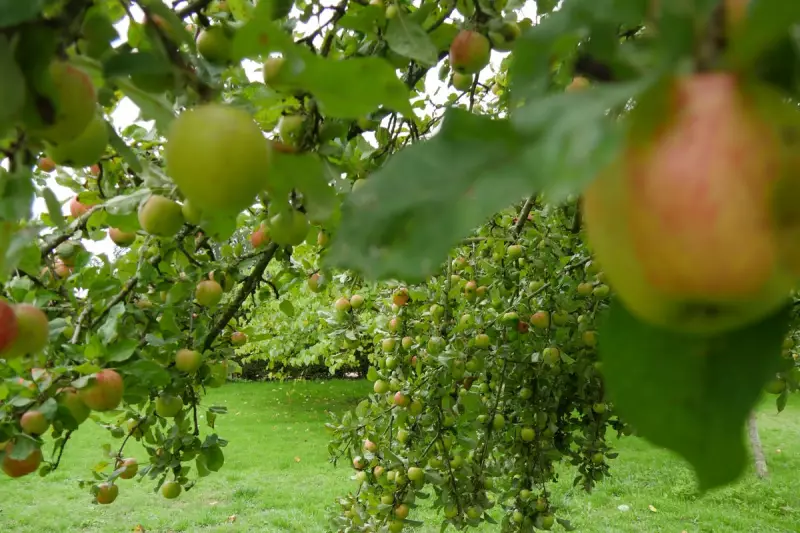
In a stunning horticultural breakthrough, experts from the National Trust and the Royal Horticultural Society (RHS) have identified a treasure trove of rare and heritage apples at a Dorset orchard. The discovery, described as "unprecedented," includes 120 distinct varieties, some of which were believed to be lost to time.
A Living Library of Fruit
The painstaking investigation took place at the 18th-century Sherborne Park Estate. Over two years, specialists collected and analysed apples from forgotten trees, comparing them against historical records and the UK's national fruit collection. The results were far beyond expectations.
"We had no idea we would uncover this many varieties," said a lead horticulturist. "This orchard is a living library, a genetic archive that holds secrets to flavours and resilience that modern apples have lost."
Rediscovering Lost Flavours
Among the rediscovered gems are the ‘Bess Pool’ and the ‘Crow’s Egg’ apples. These varieties, along with many others, had not been commercially grown for decades and were absent from modern orchards. Their rediscovery is a major win for biodiversity and culinary history.
The project highlights the importance of conserving traditional orchards, which are vital habitats for wildlife like pollinators, birds, and insects, as well as being repositories of genetic diversity.
Why This Discovery Matters for the Future
Beyond the historical significance, these heritage apples possess unique traits. They may hold genetic keys to disease resistance, drought tolerance, and flavours that could be crucial for developing future fruit varieties in the face of climate change.
The National Trust and RHS plan to graft new trees from these rare finds, ensuring their survival for generations to come. This means visitors to some of the UK's most beloved gardens may soon be able to see—and perhaps even taste—these pieces of living history.





